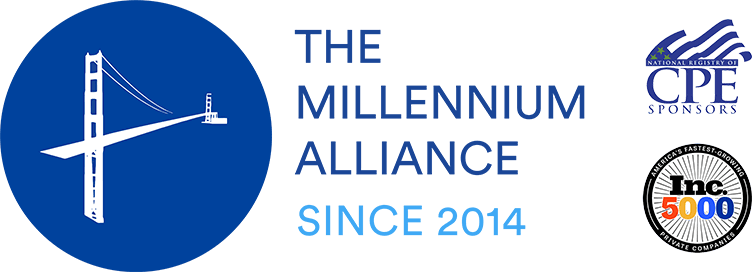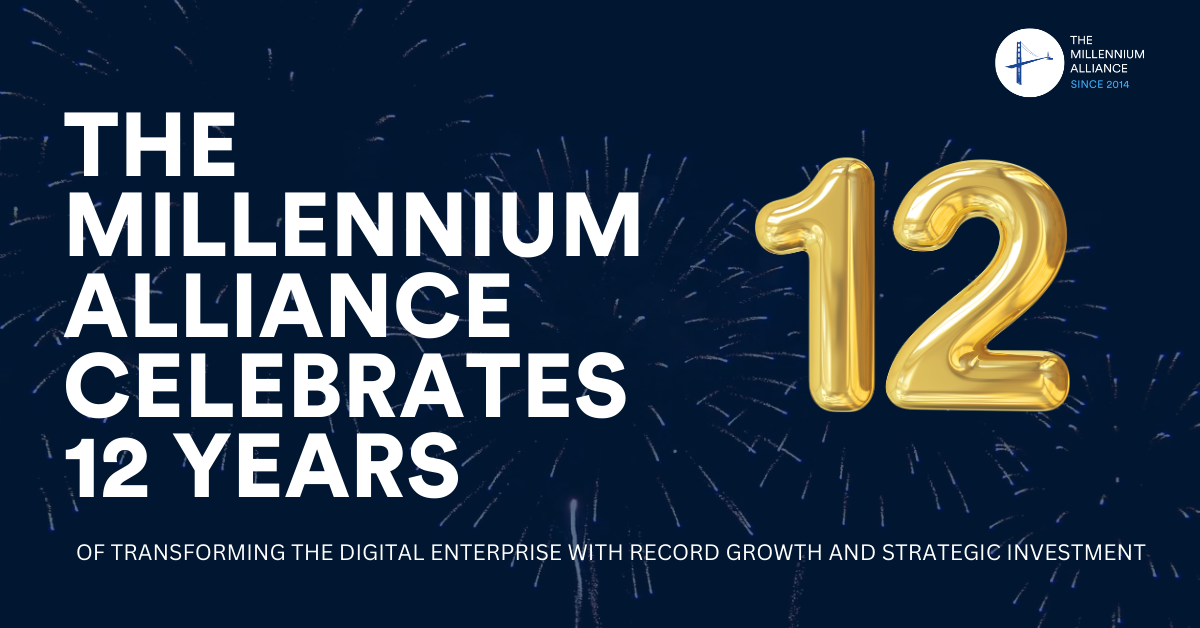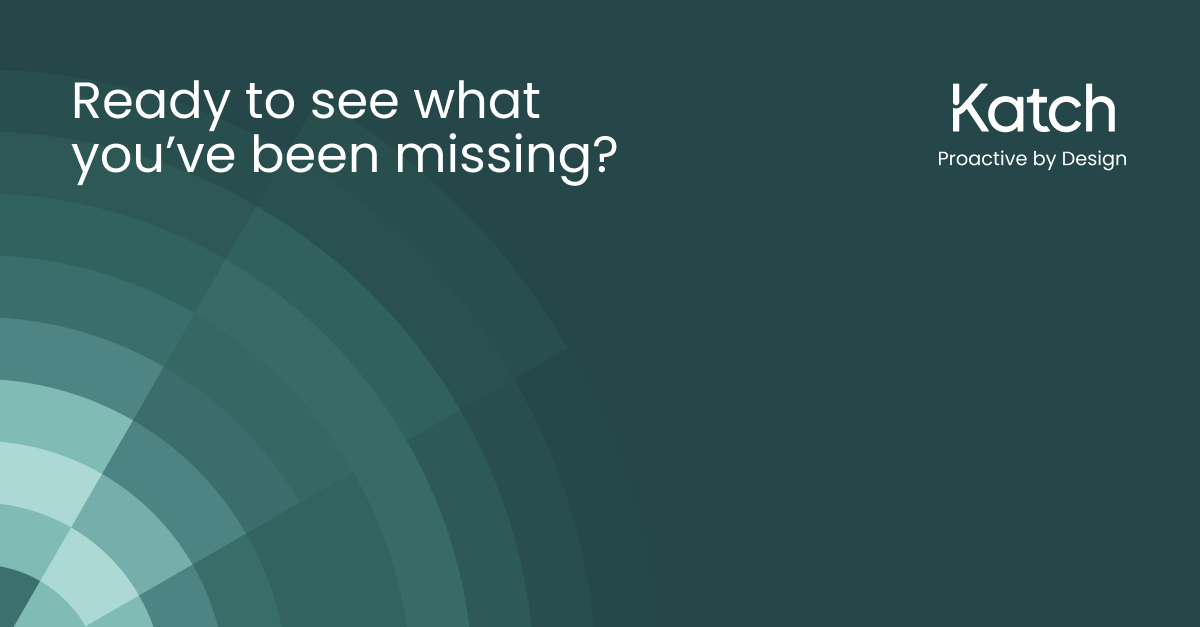A chronically ill senior steps off her scale and heads to the kitchen to make coffee. Moments later, a message appears on her phone; she looks: “Good morning, Mrs. Rodriguez. Your weight is a bit higher than normal this morning. Have you taken your Lasix yet today?” She clicks “yes” and returns her attention to the task at hand: coffee. Her phone rings. It’s her health coach checking in. Mrs. Rodriguez is enrolled in Ochsner Health System’s chronic disease management program, and her remote care team is concerned about her heart failure. “Hello, Mrs. Rodriguez. How are you feeling today? Experiencing any shortness of breath? Dizziness?”
This conversation, she knows, was initiated because the scale in her bathroom is wirelessly connected to her care team. Her weight spiked four pounds overnight, a key indicator that she is retaining fluid. Just a few years earlier, the issue would have landed her in an emergency room. Today, her condition is being managed more progressively. “I’ve just spoken to our on-call pharmacist, and we’re going to have you take an extra 20 mg. of your Lasix this morning. Can you do that now? We will check back in this afternoon.”
Miniaturization Meets Chronic Disease Management
The adage goes that you can’t manage what you don’t measure. Today’s healthcare organizations (HCOs) lack the capacity to meaningfully measure the chronic diseases they aim to manage, but innovations in sensor miniaturization are changing that. IoMT (internet of medical things) networks solve this very straightforward problem by capturing an increasingly sophisticated set of key physiological data points.
Today, a small but important group of data points, including weight, glucose levels, and vital signs, are being captured. In the lab, researchers are pushing the boundaries of what miniaturized sensors can capture to include hormones, electrolytes, hydration levels, medication adherence, and more.
Analytics Are Bending the Cost Curve
Sensor data is blended with activity data and environmental data and fed into analytics engines where algorithms are pouring over this inbound data to separate signal from the noise. Researchers are flagging alarming trends and are then engaging patients with chatbots to validate issues and automate escalation of care.
Predictive analytics researchers are taking things one step further, attempting to forecast deterioration from subtle trends in this data before symptoms even present. Diabetes management vendor One Drop is forecasting glucose changes, while Second Opinion Health is forecasting migraines. Researchers in labs today are working on forecasting seizures for epileptic patients, inflammation attacks for patients living with multiple sclerosis, and even suicide.
What It Means
In my recently published report, “How to Build A Healthcare IoT Platform,” I move past the hype and create an adoption road map designed to lay out the people, processes, and technology needed to support smart hospitals, transitions of care, chronic disease management, and population health initiatives. In the era of cost control and value-based care, HCOs need to leverage these strategies to address:
- Ambulatory market competition. Care delivery continues to migrate out of the hospital and into the ambulatory markets, where barriers to entry are low and competition is fierce. Leapfrog competition in the ambulatory care market by building real-time digital connections with IoT networks. Engage consumers at home, and escalate care to the brick-and-mortar settings that make the most sense.
- Maturing consumer expectations. Consumers are increasingly capturing personal health data, and the race is on to engage with them around it — putting it to use to improve their healthcare experience. Healthcare CIOs and digital business pros need to create compelling IoT strategies now or risk losing the market to more digitally engaged competitors.
- Increased fiscal pressure. Employers and legislators are showing no sign of abating on demands for cost containment. HCOs must build toward their own vision of the future, a care delivery model that does more with less and maintains the patient’s place at the center of the mission.
——————————————————————————————————————————–
My name is Jeffrey Becker. I invite you to join me in the coming months as I take a deep dive into the electronic health record (EHR) optimization and patient engagement strategies that most effectively help healthcare organizations pursue the quadruple aim. Connect with me via briefings or inquiries. Follow me on Twitter or LinkedIn.
ABOUT THE HEALTHCARE PROVIDERS TRANSFORMATION ASSEMBLY
Join leaders from North America’s leading Health Systems to discuss the latest technology, innovations, and strategies driving healthcare’s transformation. At the 9th edition of Healthcare Providers Transformation Assembly, we’ll be discussing the latest digital technology and business strategies driving healthcare’s digital transformation.
Are you interested in attending this event? Inquire here today to find out if you qualify for Millennium Membership >>















